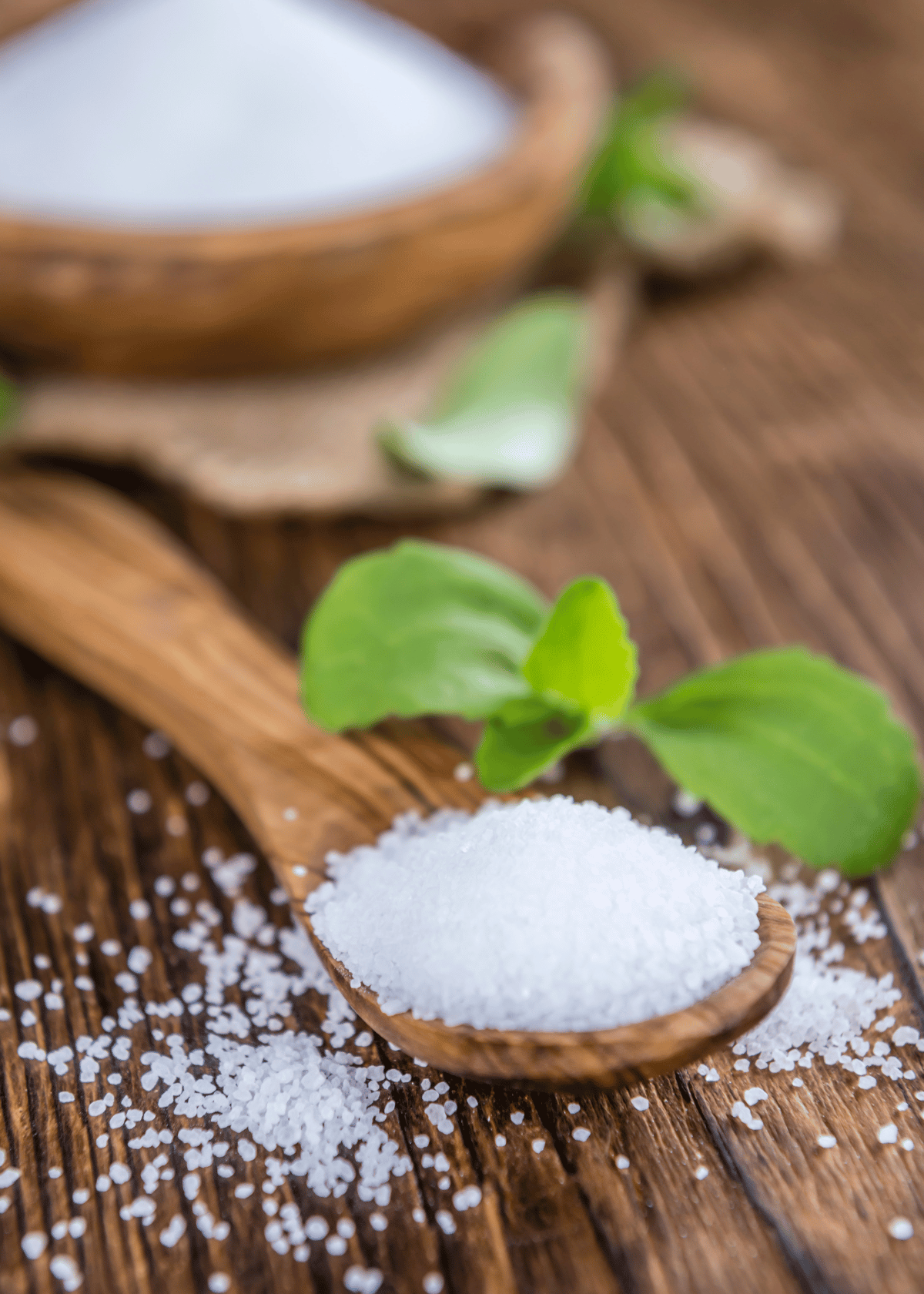There’s nothing worse than an upset stomach. Whether it's caused by food poisoning, a virus, or indigestion, the discomfort of an upset stomach can put a damper on your entire day. Fortunately, there are teas that can help soothe an upset stomach and have a number of health benefits! Here are 13 teas to try when your stomach is feeling off.
1. Ginger Tea
Ginger tea is one of the most popular remedies for an upset stomach because ginger has natural anti-inflammatory properties that can help relieve bloating, nausea, and cramps. It also helps increase saliva production, which can help break down any food that may be lingering in your digestive system. For best results, steep a small piece of fresh ginger root in hot water for about five minutes before drinking.
2. Licorice Root Tea
Another great option for soothing an upset stomach is licorice tea. This tea has powerful anti-inflammatory properties that help reduce inflammation in the gastrointestinal tract to reduce bloating and cramping. It also helps protect the lining of the digestive tract from irritation caused by acid reflux or other digestive issues. To make this tea, steep two teaspoons of dried licorice root in hot water for five minutes before straining and drinking.
3. Fennel Tea
Fennel tea has been used as a medicinal remedy for centuries to treat various ailments including intestinal disorders and digestive issues. Fennel contains antispasmodic compounds that can relax the muscles of the gastrointestinal tract and reduce cramping while helping to expel gas from the intestines to reduce bloating and discomfort. To make fennel tea, steep two teaspoons of dried fennel seeds in hot water for five minutes before straining and drinking up to three times daily as needed for relief from an upset stomach.
4. Chamomile Tea
Chamomile is another popular herbal remedy for treating an upset stomach due to its natural calming effects on the body’s systems as well as its ability to soothe inflammation in the digestive tract caused by acid reflux or other digestive issues such as irritable bowel syndrome (IBS). To make chamomile tea, steep two teaspoons of dried chamomile flowers in hot water for five minutes before straining and drinking up to three times daily as needed for relief from an upset stomach.
5. Peppermint Tea
Peppermint contains menthol which has calming effects on the body while also helping relax muscle spasms in the gut which can lead to abdominal pain or cramps associated with IBS or indigestion.
6. Green Tea
Green tea contains polyphenols which have antioxidant properties that help protect against free radical damage while promoting healthy digestion.
7. Red Rooibos Tea
This type of tea is naturally caffeine-free and rich in antioxidants which can help soothe inflammation throughout your body including your gut.
8. Dandelion Root Tea
Dandelion root has powerful detoxifying properties that help flush toxins out of your system while also relieving constipation.
9. Turmeric Tea
Turmeric contains curcumin which helps protect against oxidative stress while providing anti-inflammatory benefits.
10. Lemongrass Tea
Lemongrass helps stimulate digestion while aiding with absorption of nutrients.
11. Cinnamon Bark Tea
Cinnamon bark has anti-microbial properties which makes it a great choice if you suspect you might have food poisoning.
12. Rosehip Tea
Rosehips contain high amounts of vitamin C which aids with digestion while also boosting immunity.
13. Raspberry Leaf Tea
Raspberry leaf helps tone the uterus muscles which can provide relief from menstrual cramps but it’s also great for treating indigestion too!
Best Tea for Stomach Ache FAQs
What are some causes of stomach pain?
There are many possible causes of stomach pain, including:
- Stomach aches: This is a very broad category that can have many different causes, such as gas, indigestion, or food poisoning.
- Stomach lining: The stomach lining can become inflamed or irritated for many different reasons, such as ulcers, gastritis, or H. pylori infection.
- Gallstones: These are small stones that form in the gallbladder and can cause sharp pain in the upper right abdomen.
- Pancreatitis: This is inflammation of the pancreas and can cause severe abdominal pain that radiates to the back.
- Appendicitis: This is inflammation of the appendix and can cause sharp, constant abdominal pain that worsens over time.
- Diverticulitis: This is inflammation of small pockets in the colon and can cause cramping, bloating, fever, and more severe stomach pain.
If you are experiencing persistent or severe abdominal pain, it is important to seek medical care from your doctor to determine the underlying cause and receive appropriate treatment.
Some possible strategies for managing stomach pain include taking over-the-counter medications such as antacids or pain relievers, avoiding certain foods or food triggers, eating smaller meals more frequently throughout the day, and practicing good hygiene for food preparation and consumption.
Additionally, relaxation techniques like deep breathing or massage may help to provide some relief from chronic stomach pain. Ultimately, the best way to manage your symptoms will depend on the specific cause of your abdominal pain, so it is important to speak with a doctor for personalized advice.
Should I drink black tea if I have stomach discomfort?
It depends on the cause of your stomach discomfort. If your stomach discomfort is due to acid reflux, then black tea may make your symptoms worse. If your stomach discomfort is due to constipation, then black tea may help relieve constipation. Black tea is a natural source of caffeine and can help stimulate bowel movements. So if you have constipation, black tea may be a good choice for you. However, if you have any other concerns or questions about whether black tea is right for you, please consult with your doctor.
What causes motion sickness in the body?
Motion sickness is caused by a conflict between what the eyes see and what the body feels. For example, if you're in a car and you look out the window, your eyes will see that the car is moving, but your body will feel like it's sitting still. This conflict between what the eyes see and what the body feels can cause nausea and vomiting.
Other factors that can contribute to motion sickness include changes in acceleration, changes in direction, and uneven movements.
Conclusion:
With all these different teas available, it should be easy to find one (or more) that will work wonders on your upset stomach! Whether you're dealing with nausea, bloating, gas pains or something else entirely, these teas will definitely give you some much-needed relief so you can get back to feeling like yourself again! So next time you're feeling under the weather due to an upset tummy give one (or more!) of these teas a try—you won't regret it!
Related Pages:







